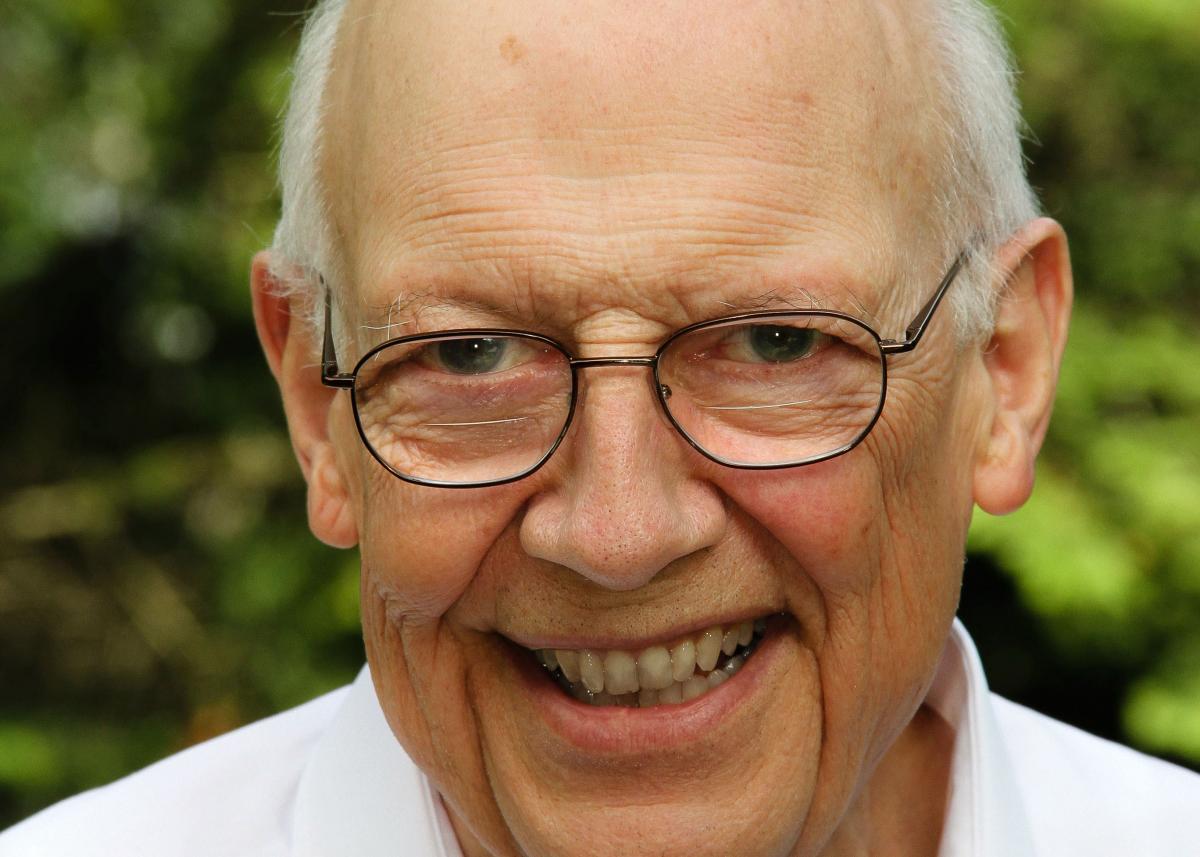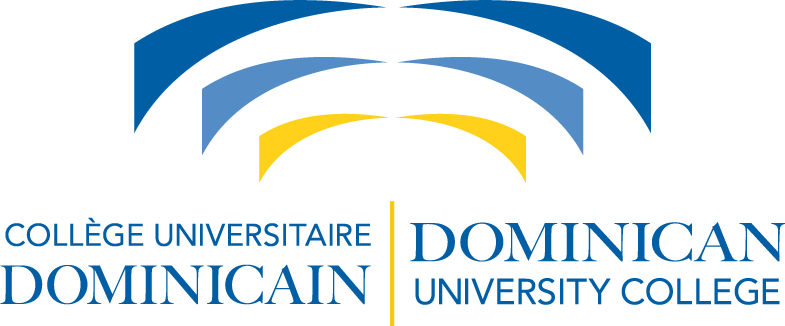Blog - Blogue

-
Pride and Debt
vendredi 03 juillet 2015Half of getting what you want from life comes from wanting what you have.
Making peace with yourself.
Coming to terms with your past and present is difficult - but liberating. Self-acceptance is the psychological term for it. An act of the will that tells the soul:
“I love me: warts and all.”
It brings to light that which you want to change, as well as that which you are happy with and want to build on. Turning a compassionate gaze on yourself pays dividends in terms of healthy self-esteem. It is the precursor to positive and thoughtful action. Once you size yourself up, with the help of your God and your community, you can discover the next best steps in your personal virtuous project.
This is the distilled version of my master’s thesis in philosophy. It’s wisdom taken from Aquinas II-II, 162: On Pride. A marvellous 2 pages of writing that I had trouble doing any sort of justice to in 130 pages of drawl.
Aquinas is called the “Angelic Doctor:” a term that is both fitting and ironic. As anyone who has given him more than a passing glance will admit, the depth, structure, analysis and all-incompassingness of his thought makes you wonder if he was human.
Angelic does indeed seem like the right word for it.
Yet he is also one of the most “human” saints around. Very earthy. Strikingly real. Someone who was quite convinced of his own humanity and was wary of Christians who were running away from theirs. We run into trouble when we try to be angels or anything else than we are. This is his genius. That he was called “Angelic” probably has him turning over in his grave. He spent his life trying to be the best human he could be and adamantly preached against trying to imitate angels.
My thesis was less of a matter of trying to contribute anything to the world of intelligible scholarly dialogue in Thomistic studies and more a matter of personal growth and discovery.
Discover, I did.
It was a very rich experience. I had questions I needed to answer and now I am much better equipped to do so. I had the particularly rich experience of doing a thesis on Aquinas with two Dominicans. The late, great, Lawrence Dewan, O.P. was my co-director. His knowledge and love of Aquinas is acknowledged worldwide as having left a body of work worthy of the highest distinctions. His care for the English language was a welcome bonus. I learned to think, and write, much better.
I did the thesis to answer a question.
What is pride?
An appetite for excellence in excess of right reason is the answer.
Unpacking and digesting those few words can take someone on all sorts of adventures. “It’s brought me to a better place” I say with addicts everywhere who are overcoming one sort of narcissism or another.
Being a bit of a serial student, I now have another question brewing:
This excessive appetite for excellence, I believe, is at the heart of the problem of economic debt (personal and societal). The link between pride and debt is an interesting one - maybe not worthy of a doctoral thesis but I intend to pay it more than a cursory glance.
This “puffing ourselves up”, pretending to be other than we are, it’s really the heart and soul of the credit industry. It’s what makes them thrive. You're richer than you think.
Um.
Probably not.
What will come of these questions?
Too soon to tell. But the threads of discussion and interweaving of topics makes for fun fodder. I do also believe them to be of timely and pressing importance. Worth a more serious look . . .

Lawrence Dewan, o.p.
-
Let Them Be One
vendredi 10 avril 2015"The One Holy, Catholic and Apostolic Church . . ."
O.K. I buy it. And all that goes with it. But I don’t really know what that means. And it’s always a bit of a challenge for anyone who tries to explain it. As Catholics, we sometimes like to think we’ve got a handle on truth. That we’ve got it nailed down, figured out, under our thumb.
The thing about the Church is that it is big.
And old.
It’s been around the block. It’s seen all types and stripes. It’s been through times of exile and prosperity, through crusades and wars, through periods of mass stability and power, through intense poverty and incredible wealth. Always changing, always the same, a paradoxical organization in spirit . . . and truth. It’s history is one of extremes. So is its theology.
The golden mean, the sacred middle ground, is what has kept it afloat. It is continually redefining its center.
The mean between:
Grace and Truth.
The Soul and the Body.
Right and Leftist politics.
Practical and speculative theology.
Orthodox and progressive takes on religion.
Heaven and Earth.
We’re happiest, says Aristotle, when we live life “in the middle”.
Every virtue has two opposing vices, with the sweet spot wedged in the middle. Courageousness is shy of being foolhardy but more than being cowardly. Chastity lies between lust and prudishness.
We’re most truthful, when we approach truth, from “the middle” too. “Dialectic” is a fancy philosophical word that means a coming together of opposites, which when held together, makes a third, more complex truth (the links to the Father, Son and Holy Spirit are made overtly). This helps us understand the Truth of the Church. It’s a coming together of different points of view, of seemingly opposite ways of going about believing, all under one roof.
Thanks be to Jesus that the Catholic Church is bigger than any single group. Those focused on social justice and the evangelists, the intellectuals and the servants of the poor, the Latin rite crowd alongside the charismatics . . . the 'oneness' is not self-evident.
The Church is especially bigger than any one person. It doesn’t get particularly worked-up about all of our personal idiosyncrasies. Jesus came to trash the “Sacred Cows” we hold dear. His church will outlive and outlast all of its parts.
When Jesus prayed: “Father, let them be one, as you are in me and I am in you” I think it was a dialectical “one” he had in mind. Most heresy is a holding onto the extreme position of any one argument while excluding the possibility that the opposite argument is also true at the same time under different respects. Christ is both God and man. Born without sin, but who took on all sin. Of a virgin, who remains a virgin, while giving birth. We are sinners, who are at the same time “little less than gods”. The story is true not because it’s consistent but because it is extremely inconsistent.
And so is the world.
And so are we.
And that’s ok.
This is the beauty, complexity, and oneness of the Catholic Church. It is a oneness of a whole that is greater than any of its individual parts.
What would such a “oneness” open up for us?
A Church with:
Less bickering . . . more praying.
Less clamoring to be heard . . . more respectful dialogue.
A Better Being Together . . . we can hope for these things.
From there, we can indeed perhaps be one.

